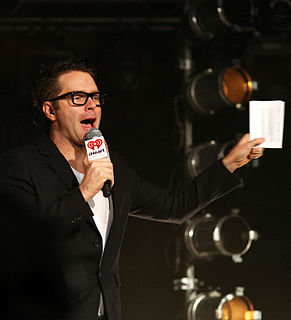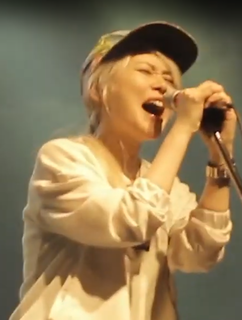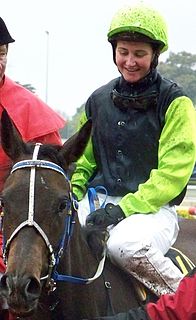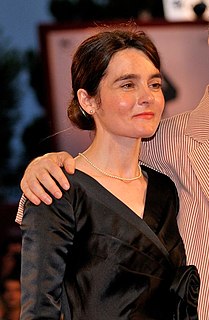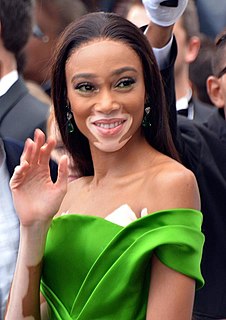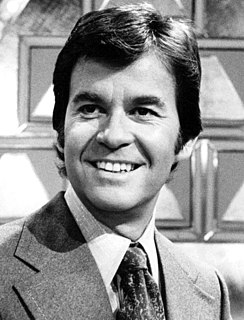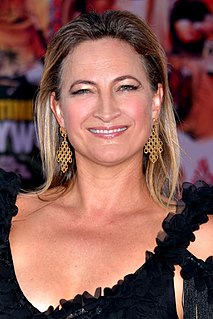A Quote by Frances McDormand
KWMR is my radio station, and I intend to have a job there as I get older. That's what I'm lobbying for. They don't need me. They've got plenty of people. But let's see if I can make myself indispensable.
Related Quotes
When you're working as an actor, you don't think that when you get out of school, it's going to be so hard to get a job. Just to get a job. Any job. Whatsoever. You don't think that people are going to see you in a certain way. Uta Hagen said this, "In my life, I see myself as just this, you know, kind of flamboyant, kind of sexy middle-aged woman. And then I see myself onscreen, and I go 'Oh my God.'" And it's the same thing with me. I didn't see myself any different from my white counterparts in school. I just didn't!
All I'm saying is we got plenty of Texans, and people from Montana, and New Jersey, and Wyoming, or Kansas City. We got plenty of actors. So we don't need some cat from Cardiff-upon-Rosemary-upon-Thyme, or whatever the hell it is, playing people from Montana. And in the reverse, they got plenty of people from Cardiff-upon-Rosemary-upon-Thyme that they don't need our asses coming over there trying to do British accents.
Japanese train signs, station signs, are really representative of the Japanese mind to me, because it always has the station where you are, the station you were previously at, and the station that is the next station. When I came to New York, I was very confused. It just doesn't say where I was and where I was going. But I realized after a while probably most people don't need to know what station you were previously at. But I think it's just some weird Japanese mentality that we need to know, we need to connect the plot.
I spend plenty of time in London and it doesn't scare me, but it's a lonely place, even if you've got friends there. My job takes me all around the world, meeting lots of interesting people. But I think if I couldn't get home, if I couldn't get back to what I consider my real life I'd be frightened.
I wrote 'Turn Your Radio On' in 1937, and it was published in 1938. At this time radio was relatively new to the rural people, especially gospel music programs. I had become alert to the necessity of creating song titles, themes, and plots, and frequently people would call me and say, 'Turn your radio on, Albert, they're singing one of your songs on such-and-such a station.' It finally dawned on me to use their quote, 'Turn your radio on,' as a theme for a religious originated song, and this was the beginning of 'Turn Your Radio On' as we know it.
As a stunt woman, I took it upon myself to be a bit of a jock about it. So you wouldn't see me vulnerable, you wouldn't see me hurting or sad because I was there as a professional to do my job. Nobody likes to see a girl get hurt - that's the truth of it - so I had to put them at ease so they would let me do my job.



